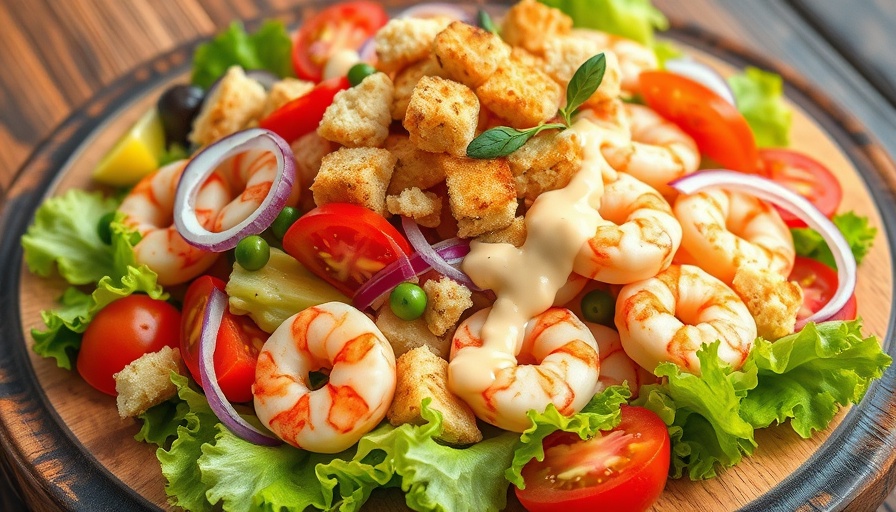
Understanding Foodborne Illness: A Growing Concern
Foodborne illnesses are becoming increasingly common, affecting millions annually. The sources often include raw or improperly handled foods that can harbor harmful bacteria. In understanding the risks associated with certain foods, we empower ourselves to make safer choices, ensuring that our meals are not only nutritious but safe to eat.
The 9 Foods You Need to Be Careful About
The following foods represent some of the most notorious sources of food poisoning. Awareness is key to prevention.
Poultry
Raw or undercooked chicken and turkey lead the list, often containing Salmonella and Campylobacter. Always ensure poultry is cooked thoroughly to 165°F. And remember, rinsing raw chicken is a mistake that spreads germs.
Eggs
Salmonella can be found in eggs, especially when they are raw or undercooked. If you love homemade dishes like cookie dough or hollandaise sauce, opt for pasteurized eggs to mitigate risk.
Deli Meats
Processed meats, including cold cuts and hot dogs, may harbor Listeria. At-risk groups should heat deli meats until steaming to avoid illness.
Unpasteurized Dairy
Soft cheeses and raw milk products are potential carriers of Listeria. Always choose pasteurized options to minimize health risks.
Seafood and Shellfish
Enjoying sushi or seafood requires caution. Bacteria, viruses, and parasites can be present in raw or undercooked shellfish. Only consume fresh seafood from reputable sources and cook thoroughly.
Rice
Recent studies show that cooked rice can develop Bacillus cereus if left at room temperature too long. To safely enjoy leftovers, cool them quickly and store in the refrigerator.
Sprouts
The warm and humid conditions ideal for sprout growth can also foster bacteria like E. coli. Cooking sprouts can make them safer to eat.
Leafy Greens
Leafy greens including spinach and lettuce are often linked to E. coli outbreaks. Always wash greens thoroughly, even if pre-washed, and store them separately from raw meats.
Fresh Produce
Fruits like melons and berries can also carry bacteria from soil or water. To protect yourself, wash all produce well before eating, particularly those with rinds.
Quick Tips for Safe Food Handling
To stay safe from food poisoning, follow these straightforward practices that contribute to your overall wellness:
- Wash your hands: Ensure to wash hands frequently before handling food.
- Cook thoroughly: Use a thermometer to check that meats are cooked properly.
- Store perishables: Keep your refrigerator at 40°F or below.
Creating a Safe Kitchen Environment
Adhering to food safety guidelines not only protects you but also fosters a safe kitchen environment for your family or shared living spaces. Discuss safe cooking practices as a community, encouraging food safety as part of your collective wellness journey.
Encouraging Healthy Choices
In your pursuit of health, understanding the risks associated with food can significantly enhance your eating experience. With the right precautions and knowledge, enjoy a variety of foods while staying safe, healthy, and energized.
 Add Row
Add Row  Add
Add 







Write A Comment